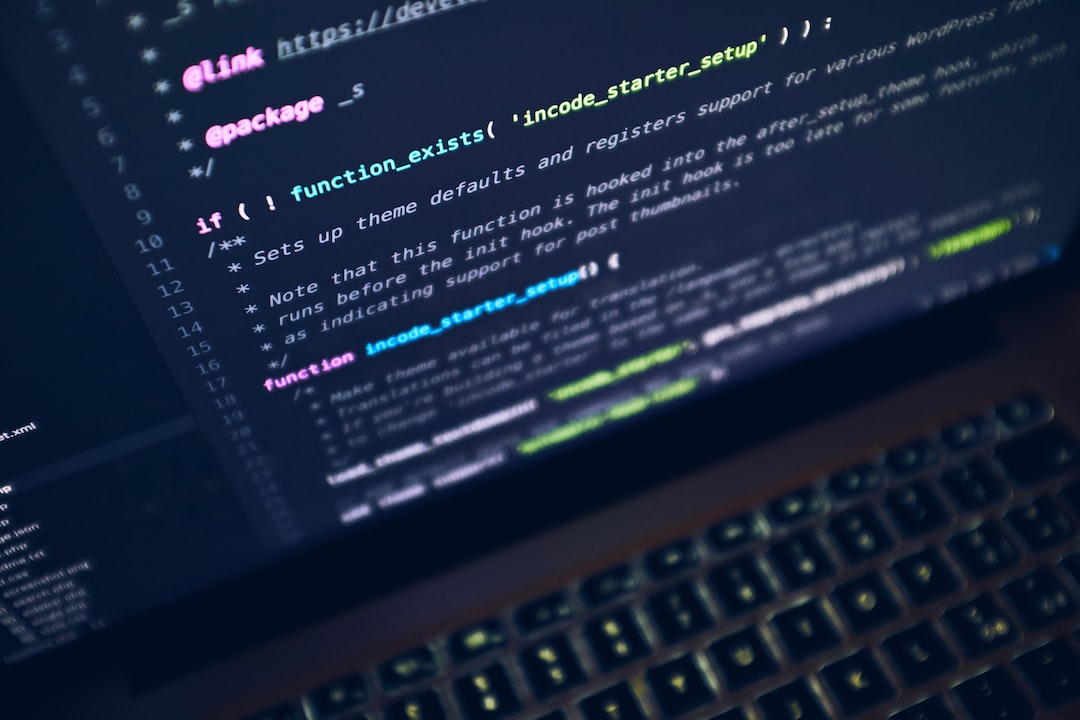The Impact of Bankruptcy on Your Financial Future: Legal Options and Consequences
Financial struggles can be overwhelming, and at times, it may feel like you’re trapped in a never-ending cycle of debt. When faced with insurmountable financial obstacles, bankruptcy might be an option worth considering. However, it’s crucial to understand the impact bankruptcy can have on your financial future, as well as the legal options and consequences it entails. Let’s delve into this topic and shed light on what you need to know.
Bankruptcy is a legal process that allows individuals or businesses to eliminate or repay their debts under the protection of the court. While it might offer relief from financial burdens, it’s important to recognize that bankruptcy can have long-lasting consequences. Here are some aspects to be aware of if considering this route.
1. Legal Options:
There are different types of bankruptcy filings, and the most common ones for individuals are Chapter 7 and Chapter 13 bankruptcies. Chapter 7 bankruptcy involves the liquidation of assets to repay debts, while Chapter 13 bankruptcy establishes a repayment plan over a specific period. Consulting with a bankruptcy attorney can help you understand which option suits your circumstances better.
2. Credit Score and Reports:
One major consequence of bankruptcy is the impact it has on your credit score. Filing for bankruptcy can significantly lower your credit score, making it challenging to obtain credit in the future at favorable terms. Additionally, bankruptcy remains on your credit report for up to ten years, which can affect your ability to secure loans, rent housing, or even find employment.
3. Assets and Property:
Depending on the type of bankruptcy you file, there may be consequences for certain assets and property. Chapter 7 bankruptcy allows for the liquidation of non-exempt assets, such as luxury items and secondary properties, while Chapter 13 bankruptcy typically allows individuals to keep their assets while adhering to a repayment plan. However, it’s essential to consult a bankruptcy attorney to understand how your specific property may be affected.
4. Debts and Discharge:
Bankruptcy aims to provide relief from debts, but not all debts can be discharged. Certain debts, such as student loans, child support, and tax obligations, may not be eligible for discharge through bankruptcy. Understanding which debts are dischargeable and which are not is crucial when considering bankruptcy as an option.
5. Rebuilding after Bankruptcy:
Despite the challenges bankruptcy presents, it is not the end of the road for your financial future. Rebuilding credit after bankruptcy takes time and effort but is certainly possible. Establishing a reliable payment history by paying bills on time, creating a budget, and responsibly using credit can slowly rebuild your creditworthiness. Seeking financial counseling or education can also be beneficial in bouncing back from bankruptcy.
While bankruptcy may seem like an enticing solution during financial hardship, it’s vital to consider all available options and their consequences carefully. Exploring alternatives such as debt consolidation, negotiating with creditors, or seeking credit counseling might provide viable alternatives while preserving your creditworthiness.
In summary, the impact of bankruptcy on your financial future can be significant. Understanding your legal options, the consequences on your credit, assets, and debts, as well as the rebuilding process, is crucial before deciding to pursue bankruptcy. By arming yourself with knowledge and seeking professional guidance, you can make informed decisions about your financial future and work towards a fresh start. Remember, bankruptcy is a tool designed to provide relief, not a cure-all solution, so approaching it with caution and planning is essential.

